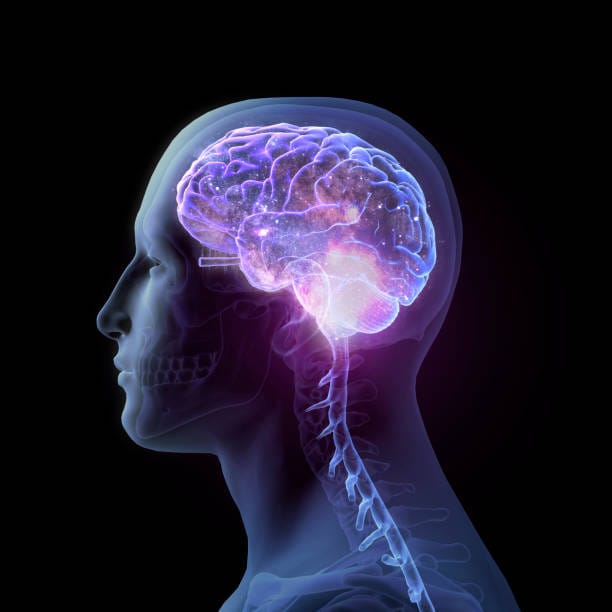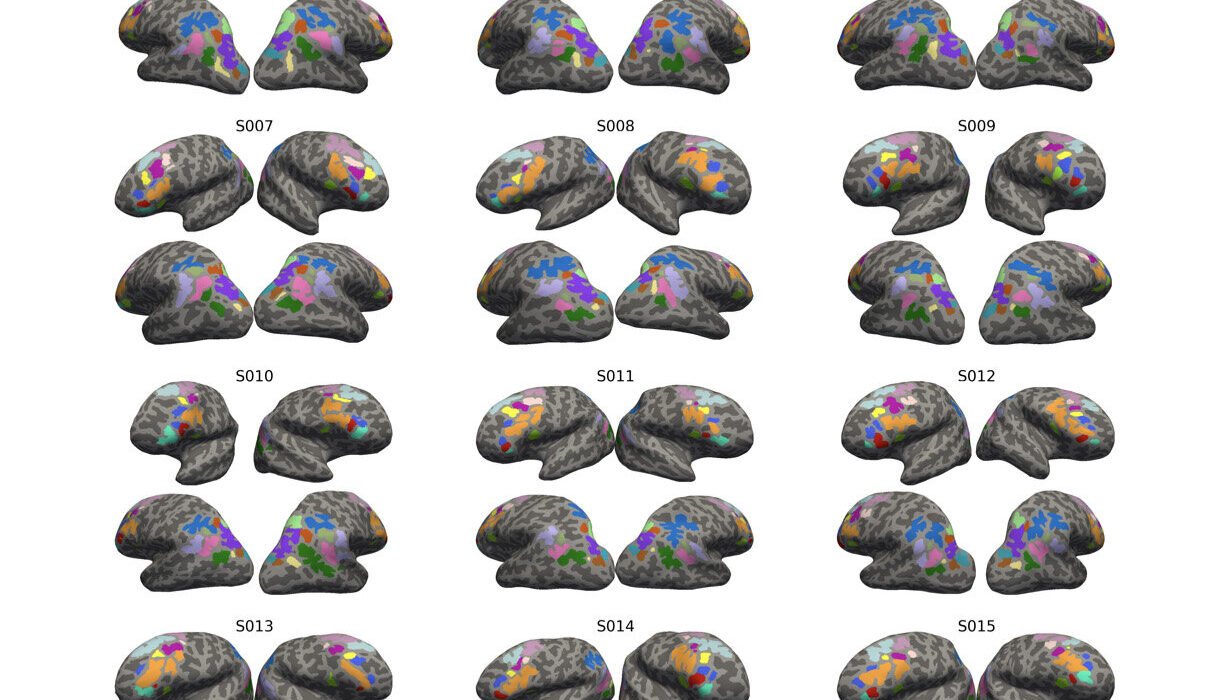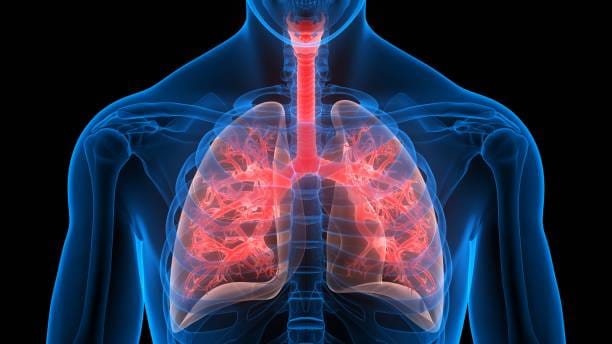Imagine a quiet, unseen river flowing through the intricate labyrinth of your brain every night, washing away the debris and toxins accumulated during your waking hours. This remarkable cleansing system, hidden beneath the complexity of your skull, is known as the glymphatic system—a word blending “glial” cells and “lymphatic” drainage. It functions as your brain’s personal janitor, sweeping away harmful proteins, waste products, and metabolic by-products that could otherwise lead to neurodegenerative diseases.
For decades, the brain was thought to lack a lymphatic system, the body’s natural detox and immune response network. But groundbreaking discoveries in the past decade have revealed this unique waste clearance system that operates primarily during sleep, transforming our understanding of brain health. The glymphatic system’s proper function is crucial not only for maintaining cognitive vitality but also for protecting against disorders such as Alzheimer’s, Parkinson’s, and other forms of dementia.
Yet, despite its vital role, the glymphatic system can falter under stress, poor lifestyle choices, and environmental factors. The good news is that through targeted behaviors and habits, you can nurture and enhance this natural detox process. In this article, we will explore the science behind the glymphatic system, how it operates, the factors that impair it, and most importantly, how you can boost your brain’s detoxification to preserve mental clarity and emotional resilience throughout your life.
Understanding the Glymphatic System: A Revolutionary Discovery
The glymphatic system was first described in 2012 by neuroscientist Maiken Nedergaard and her colleagues. This discovery revolutionized neuroscience by identifying a unique waste clearance pathway in the brain, relying on the action of specialized cells called astrocytes. Astrocytes envelop blood vessels with their star-shaped projections and facilitate the flow of cerebrospinal fluid (CSF) through the brain’s interstitial space—the gaps between neurons.
This system acts somewhat like a plumbing network: cerebrospinal fluid rushes in along arteries, sweeps through the brain tissue, gathering waste products such as beta-amyloid and tau proteins—accumulations of which are implicated in Alzheimer’s disease—and then drains out via the veins. Unlike the peripheral lymphatic system, which directly drains extracellular fluid and waste, the glymphatic system depends heavily on these astrocytes and the pulsations of arteries driven by the heartbeat to propel fluid movement.
It is during deep sleep—especially the slow-wave stage—that the glymphatic system is most active. During this time, the spaces between brain cells widen, allowing for a surge in fluid flow, which efficiently removes waste. This discovery has profoundly connected sleep quality with brain health, illustrating why chronic sleep deprivation can have devastating neurological consequences.
The Critical Role of Sleep in Brain Detoxification
Sleep is often considered a passive state of rest, but to the glymphatic system, it is an essential time of repair and renewal. Studies using advanced imaging techniques in animals and humans have revealed that the interstitial space expands by nearly 60% during deep sleep, enabling cerebrospinal fluid to wash away metabolic waste at rates far exceeding waking hours.
This nocturnal cleansing is vital because the brain generates a continuous stream of toxic metabolites from its intense metabolic activity during wakefulness. Neurotransmitters break down, damaged proteins accumulate, and cellular debris piles up. Without efficient clearance, these toxins can clump together to form plaques and tangles that disrupt neural communication and eventually destroy brain cells.
Chronic sleep deprivation or poor sleep quality hampers the glymphatic flow, leading to the buildup of harmful substances such as beta-amyloid, which is closely linked to cognitive decline and Alzheimer’s disease. This mechanism offers a compelling biological explanation for why sleep disturbances are often early warning signs of neurodegenerative conditions.
Thus, nurturing good sleep hygiene is fundamental to boosting your brain’s natural detoxification. But sleep is just one piece of the puzzle.
Lifestyle Factors that Influence Glymphatic Function
Beyond sleep, numerous lifestyle and physiological factors influence how well the glymphatic system operates. The body is a complex ecosystem where cardiovascular health, hydration, inflammation, and even body posture can modulate the efficiency of brain waste clearance.
Cardiovascular health plays a crucial role because the arterial pulsations help drive the movement of cerebrospinal fluid. Conditions such as hypertension or atherosclerosis can reduce arterial flexibility and diminish the pulsatile force needed for glymphatic circulation. Hence, maintaining a healthy heart is not only essential for overall wellness but also directly impacts brain detoxification.
Hydration status also affects cerebrospinal fluid volume and flow. Dehydration can thicken fluids and slow the clearance of toxins, emphasizing the importance of adequate water intake.
Inflammation, often caused by chronic stress, poor diet, or infections, can disrupt the delicate balance in the brain’s environment. Activated microglia (the brain’s immune cells) can release inflammatory molecules that interfere with glymphatic clearance and damage astrocyte function.
Finally, recent research highlights the intriguing role of body posture during sleep. Studies show that sleeping in a lateral (side) position, as opposed to supine (on the back) or prone (on the stomach), optimizes glymphatic transport. This finding suggests that something as simple as adjusting your sleep posture could significantly enhance brain waste clearance.
Nutrition and the Brain’s Detox Pathways
Nutrition is a cornerstone of brain health and glymphatic function. Certain nutrients provide the raw materials for the synthesis of astrocyte membranes and the production of cerebrospinal fluid. Others possess anti-inflammatory and antioxidant properties that protect neural tissue from oxidative stress—a major contributor to neurodegeneration.
Omega-3 fatty acids, abundant in fish oils, have been shown to support the integrity of blood vessels and astrocyte function, facilitating fluid exchange. Polyphenols found in berries, green tea, and dark chocolate can reduce neuroinflammation and enhance microvascular health. Vitamins such as B-complex and D have also been linked to improved cognitive function and may indirectly support glymphatic clearance.
Conversely, diets high in processed foods, sugar, and saturated fats can trigger systemic inflammation and vascular dysfunction, impairing glymphatic efficiency and accelerating the accumulation of toxic proteins.
Exercise: Pumping Life into Your Brain’s Cleansing System
Physical activity, beyond its well-known cardiovascular benefits, plays a pivotal role in enhancing glymphatic function. Exercise increases heart rate and arterial pulsations, which act as the pumps driving cerebrospinal fluid through the brain. It also reduces systemic inflammation, improves endothelial function (the lining of blood vessels), and promotes neurogenesis—the birth of new brain cells.
Moreover, exercise regulates the sleep-wake cycle by promoting deeper, more restorative sleep stages when the glymphatic system is most active. Studies have demonstrated that regular moderate exercise is correlated with lower levels of beta-amyloid deposition in the brain and better cognitive performance in aging adults.
Stress and Its Shadow on Brain Detoxification
In our fast-paced modern world, chronic stress has become a silent saboteur of brain health. The prolonged release of stress hormones like cortisol triggers inflammation and vascular constriction, both of which impede glymphatic function. Stress can fragment sleep patterns, reducing the time spent in the critical slow-wave sleep phase.
Beyond biological effects, stress also impairs our ability to engage in healthy lifestyle habits—disrupting diet, exercise, and hydration patterns—that collectively support the glymphatic system.
Learning to manage stress through mindfulness, meditation, or cognitive behavioral techniques can alleviate these impacts, creating an internal environment conducive to brain detoxification and cognitive resilience.
Environmental Toxins and Their Impact on the Glymphatic System
Exposure to environmental toxins such as heavy metals, air pollutants, and synthetic chemicals poses another significant challenge to the glymphatic system. These substances can infiltrate the brain, cause oxidative damage, and provoke inflammation, undermining the delicate architecture necessary for fluid transport.
Air pollution, in particular, has been linked to increased risk of neurodegenerative diseases, possibly through interference with waste clearance pathways. Reducing exposure through clean air initiatives, using air purifiers, and minimizing contact with harmful chemicals at home and work can help protect your brain’s detox pathways.
Emerging Therapies and Future Directions
Scientific research continues to unravel new dimensions of the glymphatic system. Technologies like advanced MRI and two-photon microscopy allow researchers to visualize glymphatic flow in real time, opening doors to novel diagnostic tools and treatments.
Experimental therapies targeting sleep quality, inflammation, and vascular health are in development, promising new hope for combating neurodegeneration by enhancing the brain’s own waste clearance.
Some innovative approaches even explore non-invasive stimulation techniques to boost glymphatic activity or pharmaceuticals that can modulate astrocyte function. While these are still early days, they reflect a paradigm shift in how medicine views brain health—from treating symptoms to empowering natural physiological processes.
Practical Steps to Enhance Your Glymphatic Health
Understanding the glymphatic system’s critical role invites us to cultivate habits that support its function daily. Prioritizing high-quality, uninterrupted sleep emerges as the most potent intervention. This involves creating a sleep-conducive environment, maintaining consistent sleep schedules, and addressing disorders like sleep apnea that fragment restorative sleep stages.
Choosing to sleep on your side, staying well hydrated, managing cardiovascular risk factors, engaging in regular aerobic exercise, eating an anti-inflammatory diet rich in antioxidants, and practicing stress reduction techniques form a holistic approach.
These strategies are not just about preventing disease; they are about enhancing your brain’s vitality, creativity, and emotional balance. They connect us intimately with the rhythms of nature and the profound wisdom encoded in our biology.
The Glymphatic System: A Beacon of Hope for Brain Longevity
In a world where neurological disorders are escalating, understanding and nurturing the glymphatic system offers a beacon of hope. It reminds us that our brains possess an incredible capacity for self-care, provided we honor the natural cycles of rest, movement, and nourishment.
The glymphatic system teaches us that health is not a static state but a dynamic process—a continuous dance of cleansing and renewal. By boosting this internal detox system, we not only protect our cognitive function but also preserve the essence of who we are: thinking, feeling beings capable of wonder and wisdom.
The science is clear: your brain’s natural detox system is a powerful ally. Now it is your turn to become its steward.






